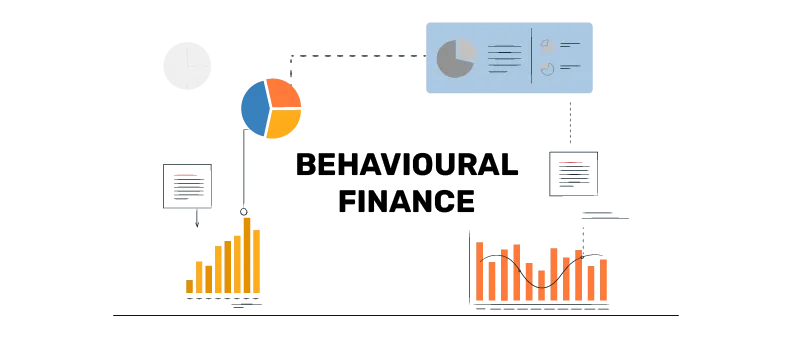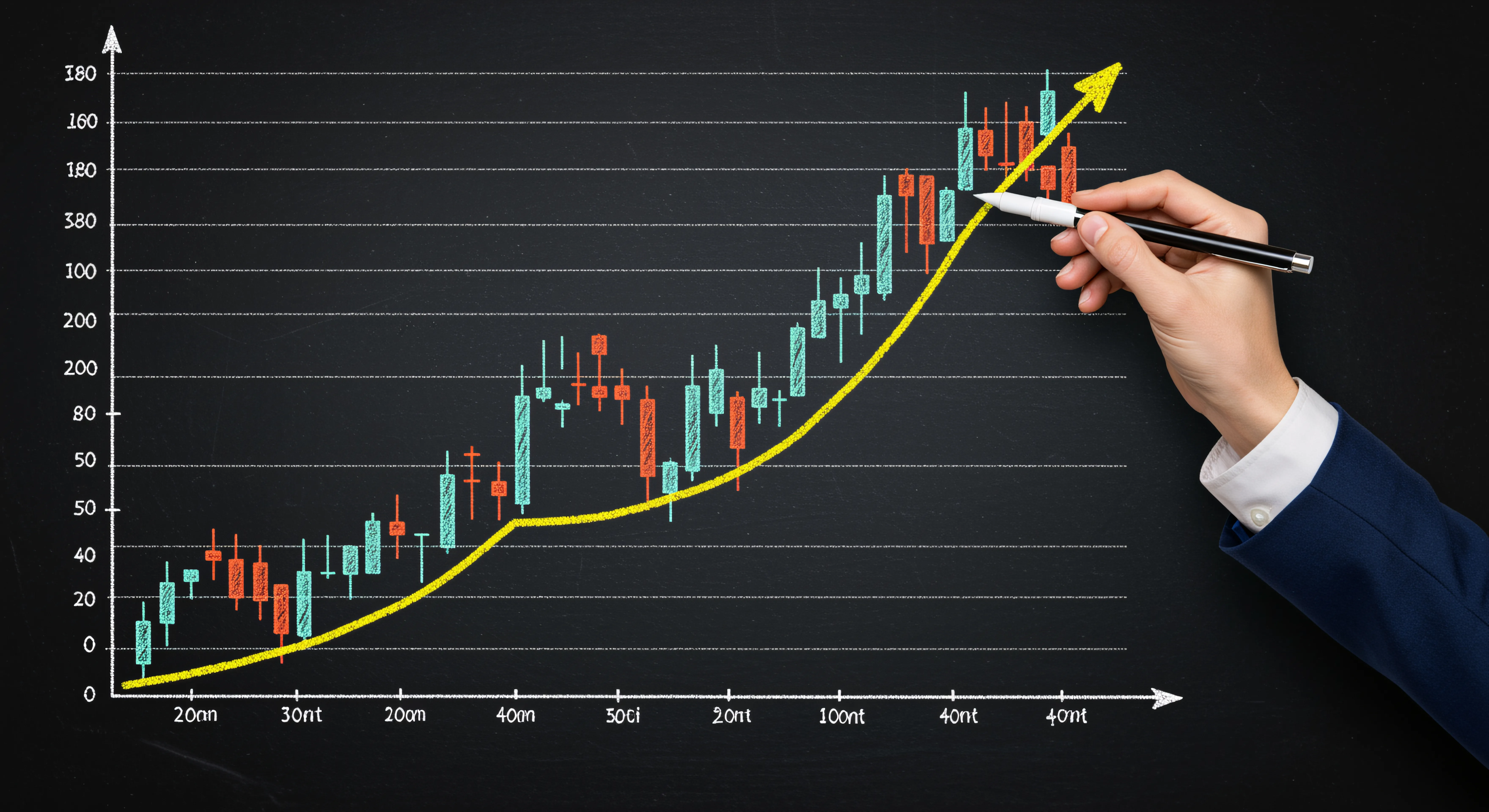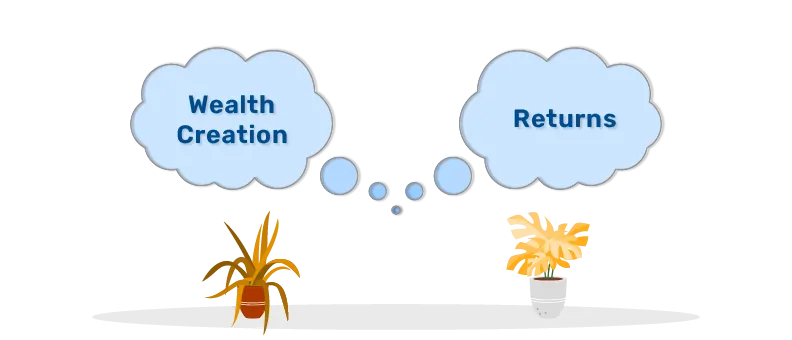The financial market is heavily…
Benefits of ETFs

Diversification
ETFs offer exposure to a diverse range of shares spreading risk and adding to portfolio stability.

Liquidity
Traded on stock exchanges, ETFs provide easy buying and selling, ensuring quick and efficient transactions.

Low costs
With generally lower fees than traditional mutual funds, ETFs offer a cost-effective investment option.

Transparency
ETFs disclose their holdings monthly, providing investors with clear visibility into the underlying shares.
Frequently Asked Questions
ETF funds and index funds both track market indices, but the main difference is that ETFs trade like stocks on stock exchanges, offering flexibility and intra-day trading. Unlike index funds, you need a demat account to invest in an ETF funds.
For investing in ETFs in India, you need to open a Demat account with a bank or brokerage, which allows you to buy and hold ETFs. Next, select an ETF investment that aligns with your goals and research its performance, expense ratio, and tracking error. You can buy the ETF just as you would stocks.
No, the securities in ETF funds depend on the benchmark index. So, depending on the composition of that index, an ETF investment can comprise of stocks, bonds, commodities etc.
There are several types of ETF funds in India. These include broad market ETFs that track major indices like Nifty 50, gold ETFs, which track the prices of domestic gold, bond ETFs, which invest in government or corporate bonds, sector ETFs, which focus on specific sectors such as banking or technology and commodity ETFs, which track commodities like silver and other metals.
ETF investments passively track indices and trade like stocks on exchanges, allowing intraday trading and typically having lower fees. In comparison, actively managed mutual funds invest in securities that are selected by fund managers who seek to outperform the market in the long term. This can lead to higher expense ratios. Moreover, unlike ETF funds, mutual funds are not traded on the stock exchange and units can only be bought and sold at the end of a business day.
The Net Asset Value (NAV) of an ETF funds is calculated at the close of each trading day. It represents the value of the ETF’s holdings, minus any liabilities, divided by the total number of outstanding units. In addition to the daily NAV, ETFs also provide an indicative NAV or iNAV throughout the trading day, based on real-time market movements.
Yes, you can sell ETF funds anytime during market hours, just like stocks. ETF funds trade on exchanges, so you can buy or sell them throughout the trading day at the current market price, unlike mutual funds, which only trade once daily at the end-of-day price. This flexibility makes investing in ETFs beneficial for those who want the option to react quickly to market changes. However, be mindful of potential transaction costs or liquidity issues, especially with niche or low-volume ETF funds.
The market price of an ETF funds is determined by supply and demand throughout the trading day. The net asset value (NAV), representing the total value of the underlying shares, is calculated at the end of each trading day.
When investing in ETFs, you can choose to hold them the long term. There's no predefined maturity date, and ETF funds can be part of a buy-and-hold approach.
The suitability of ETF as an investment depends on several factors, including your investing preferences and goals. An ETF can be suitable for investors seeking a passive approach with the potential to provide returns that are in line with the relevent market segment (represented by the benchmark index), subject to tracking error. It is also suitable for those who want intra-day liquidity.
Learn About Mutual Funds

Portfolio construction and…

Human behaviour plays a pivotal role…
If you have started your journey in…

A derivative is a financial contract…

When you hear someone talk about ‘…
Of the almost 4 crore unique…
Traditional wisdom in the mutual…
Retail investors predominantly…
The Bajaj Finserv Flexi Cap Fund has…
A common question among investors is…

Financial planning isn’t always a…

Investing your money can be a great…

Market timing refers to the ability…

Over the years, mutual funds have…

Retirement-planning is an essential…

Flexi cap funds have emerged as a…
Product Label
- Bajaj Finserv Nifty 50 ETF (An open ended exchange traded fund tracking Nifty 50 Index)

- Bajaj Finserv Nifty Bank ETF (An open ended exchange traded fund tracking Nifty Bank Index)

Disclaimer
This document should not be treated as endorsement of the views/opinions or as investment advice. This document should not be construed as a research report or a recommendation to buy or sell any security. This document is for information purpose only and should not be construed as a promise on minimum returns or safeguard of capital. This document alone is not sufficient and should not be used for the development or implementation of an investment strategy. The recipient should note and understand that the information provided above may not contain all the material aspects relevant for making an investment decision. Investors are advised to consult their own investment advisor before making any investment decision in light of their risk appetite, investment goals and horizon. This information is subject to change without any prior notice.

